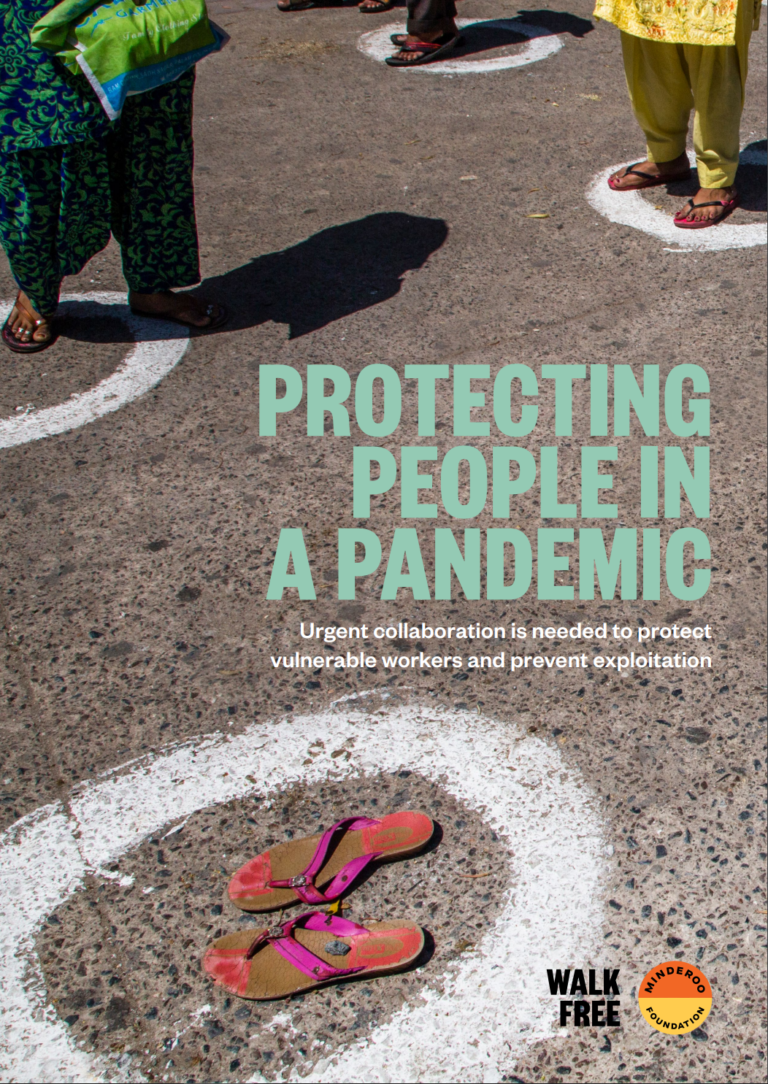Child Exploitation Disruption Toolkit
GuidanceThis toolkit has been developed to support frontline practitioners to safeguard children and young people under the age of 18 from sexual and criminal exploitation. This includes social workers, police officers, housing officers, education staff, he...Read More

